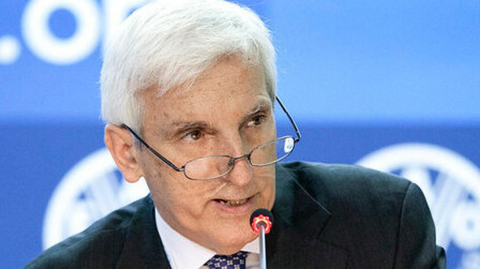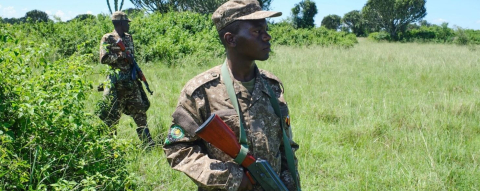
Practical information
Accessibility
Themes and regions
Related centers and programs
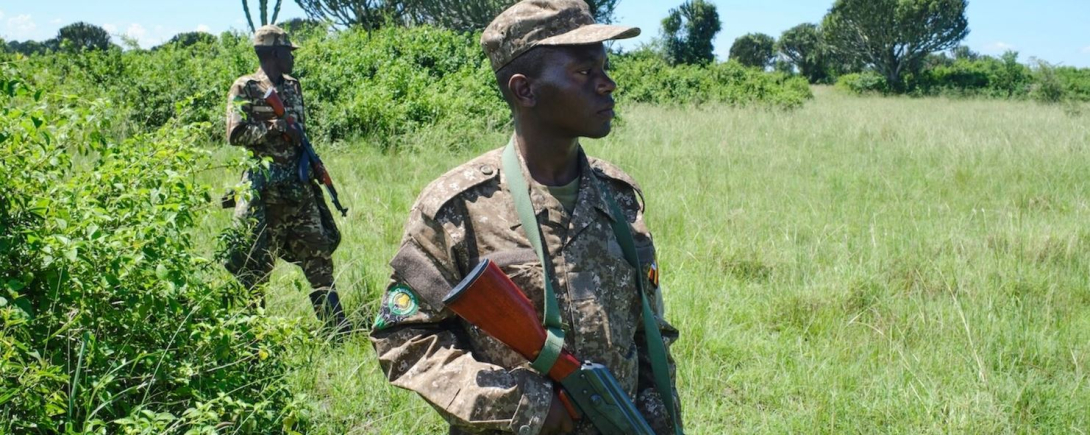
Many states in sub-Saharan Africa face situations of fragility that have led them to withdraw from some of their responsibilities, including their core sovereign functions. This withdrawal has opened the door to a plurality of national and international actors, both for funding and operational activities (NGOs, associations, private companies, international organizations, etc.). This trend, which varies in form and intensity across countries, has not spared the security sector.
The first panel aims to explore the privatization of security in its most military sense on the African continent. We will examine the evolving legal definitions of mercenarism, the track record of Wagner in the Central African Republic, the restructuring of Yevgeny Prigozhin's group under the Africa Corps, and the blurred lines between "private military companies" and "private security companies."
The second panel will focus on the non-military aspects of security privatization. This theme will be approached through various contexts affected by privatization, such as private initiatives to maintain order in certain urban areas (e.g., gated communities), the protection of natural spaces by private companies, and the role of so-called "rangers." These issues will be addressed through specific examples, seeking to understand the reasons behind state withdrawal from these responsibilities.
This conference is part of the activities of the East and Central Africa Observatory, a three-year research project (2023–2025) led by Ifri in partnership with the French Institute for Research in Africa (IFRA) in Nairobi for the French Ministry of the Armed Forces, particularly its Directorate General for International Relations and Strategy (DGRIS). The observatory focuses on major political, security, and geopolitical developments in the regions covered by the project. Its outputs include regular research notes, published in English or French, and an annual seminar. For both these research notes and the conferences, we collaborate with internationally recognized experts.
PROGRAM
8:30 – Welcome Remarks
- Alain Antil, Director of the Sub-Saharan Africa Center, IFRI
- Christophe Karam, Central Africa Officer, DGRIS
- Inès Rebillard, East Africa Officer, DGRIS
- Chloé Josse-Durand, Researcher and Political Science PhD, IFRA Nairobi
8:40 - 10:10 – Panel 1: The Militarized Privatization of Security
Speakers:
- Djénabou Cissé, Researcher, Foundation for Strategic Research (FSR) (FRS)
- Jędrzej Czerep, Head of the Middle East and Africa Program, Polish Institute of International Affairs (PISM)
- Moussa Soumahoro, Researcher, Institute for Security Studies (ISS Addis Ababa)
Moderator:
- Niagalé Bagayoko, Researcher and President, African Security Sector Network (ASSN)
10:15 - 11:45 – Panel 2: Non-Military Aspects of Security Privatization
Speakers:
- Esther Marijnen, Researcher, Wageningen University
- Ashoka Mukpo, Features Writer for Mongabay
- Juliet Muiga, Lecturer, Kenyatta University
Moderator:
- Cyril Musila, Independent Researcher
This conference will be held in French and English with simultaneous translation. Attendance is by invitation only.
Event Support:
This event is organized with the support of the Directorate General for International Relations and Strategy (DGRIS), French Ministry of the Armed Forces.
Contact
Lise LESIGNE
Former Project Officer, Sub-Saharan Africa Center, Turkey/Middle East Program, Ifri
Our partners
Related Subjects
Other events

Strategic Autonomy and Asia amid Rising Geoeconomic Competition
Amid growing strategic and geopolitical uncertainty, Europe is grappling with the notion of its strategic autonomy. For Europe’s partners in Asia, the concept is also becoming increasingly salient as the world enters an era of structural transformation.
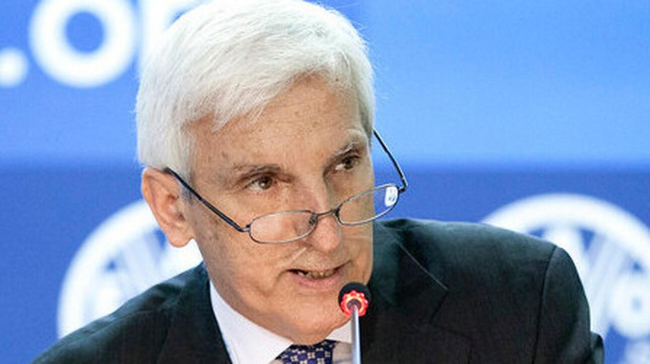
Europe’s Southern Courtyard and Southeastern Neighborhood: The Greek Perspective
Greece stands at the crossroads of Europe’s southern flank, the Balkans, and the Eastern Mediterranean, a pivotal position for regional security and stability.
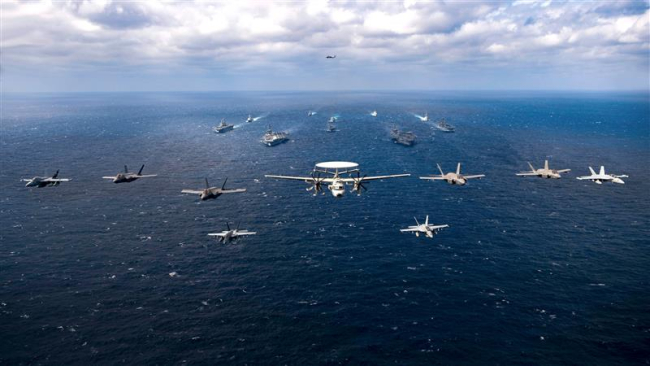
Navigating the Taiwan Strait Tensions: Perspectives from Japan, the Philippines, and France
As tensions continue to rise in the Taiwan Strait and discussions grow about hybrid frictions potentially escalating into a kinetic conflict in the coming years, neighboring countries are bracing for impact. Japan and the Philippines would be on the front lines if a crisis were to erupt in the Taiwan Strait.






